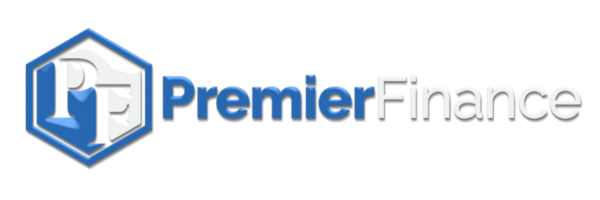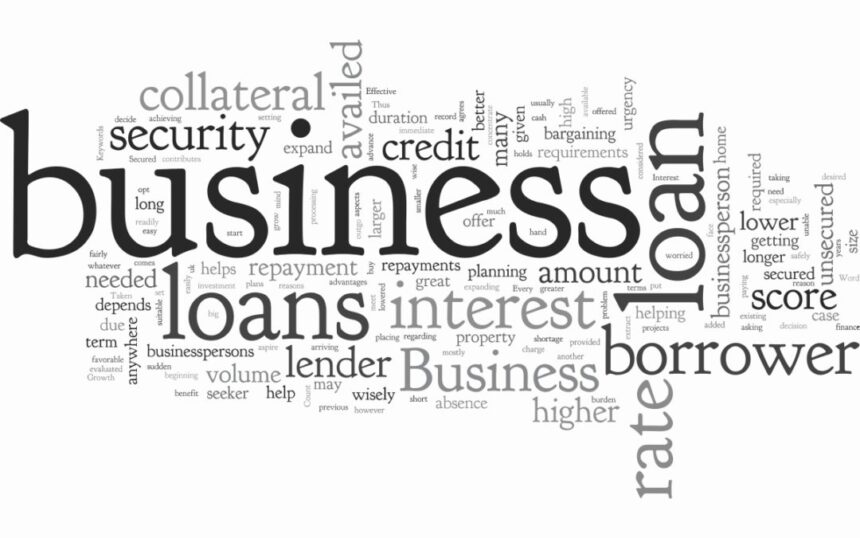In the quest for working capital on short notice, speeding up the funding process becomes crucial. A pivotal decision arises: should you opt for a secured or unsecured business loan? Understanding the distinctions between these two types of loans is crucial in determining which aligns best with your business requirements.
Secured Business Loan
A secured loan hinges on collateral, where the borrower pledges assets as security against the loan amount. This collateral serves as assurance for the lender, reducing their risk. Consequently, secured loans typically offer more favorable lending terms. Benefits include higher loan amounts, lower interest rates, and extended repayment periods. Furthermore, approval may be more accessible for individuals with lower credit scores.
Collateral for secured loans can include various assets owned by the business, such as property, vehicles, equipment, inventory, cash savings, or accounts receivable (invoices). Utilizing business-owned collateral shields you from personal liability, as the business assumes the risk.
However, it is essential that the value of the collateral provided aligns with the loan amount sought, while other factors also influence the approval amount. Consequently, your loan approval may be capped by the value of the collateral available for attachment.
Unsecured Business Loan
Conversely, an unsecured loan is granted without collateral, solely based on the creditworthiness of the borrower and business affordability. In this scenario, the lender assumes all risk, leading to higher interest rates to reduce their exposure. Unsecured loans are typically extended to businesses with a strong credit history.
For those lacking assets to secure the loan, an unsecured loan may be the sole viable option. Nevertheless, borrowers may still be required to sign a personal guarantee, allowing lenders to pursue personal assets in the event of default.
Unlike secured loans, where borrowers choose the assets to attach, unsecured loans grant lenders access to any assets, personal or business-related.
To qualify for an unsecured business loan, lenders typically seek:
- A clear credit record
- A robust balance sheet
- Short-term assets
- Demonstrated cash flows indicating the ability to repay the loan
While unsecured loans entail increased risk, they also provide a flexible means of securing funding swiftly, particularly in pressing circumstances.
Summary
| Secured Loans | Unsecured Loans | |
|---|---|---|
| Collateral | Needed for the Loan | No collateral needed for the loan |
| Loan Periods | Longer | Shorter |
| Interest Rates | Lower | Higher |
| Credit Terms | Lower credit terms accepted | Granted to clients with good credit |
| Risk | Business accepts more risk | Lender accepts more risk |
| Loan Amount | Depends on the asset value | Depends on business affordability |
| Application | Lengthy application process | Quick application process; payouts within 72 hours |
At Premier Finance, we cater to business owners seeking unsecured financing while also offering assistance with asset finance under secured lending. Our streamlined application process ensures efficient evaluation of your business needs, connecting you with the most suitable lender promptly. We oversee your application to ensure excellent service and a prompt response.
For further details regarding our unsecured business loans, please visit our page.

